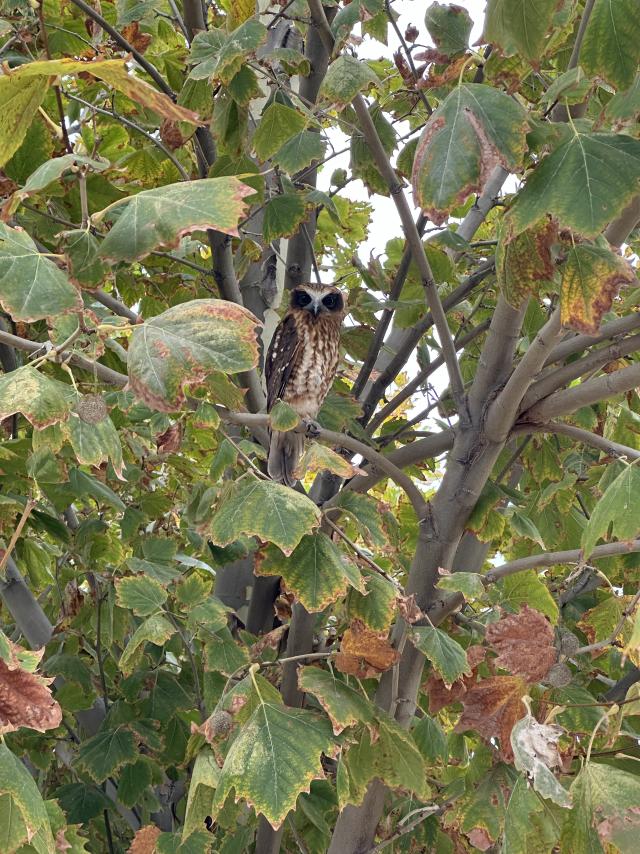Increased protection for native birds of prey, animals and domestic pets from serious illness and death due to eating commonly available rat poisons is the motivation for the City of Cockburn’s new ‘owl friendly’ status.
The City of Cockburn is Perth’s first large suburban local government to declare its owl friendly status, endorsing a BirdLife Australia Action Kit for Councils to phase out the use of deadly second-generation anticoagulant rodenticides (SGARs).
The City began restricting the use of second-generation rodent baits in 2023, with the declaration enabling the City to formally improve rodent pest control, including specific actions in its Natural Area Management Strategy.
City of Cockburn Environmental Officer Rafeena Boyle said the City would develop procedures requiring the use of safer rodent control products, such as rat and mouse traps and first-generation anticoagulant rodenticides (FGARs) which contain toxins that break down much faster.
“This means when predatory animals, such as owls and other raptors eat rats and mice affected by these poisons, they have a lower risk of death because much of the toxic content would have already broken down,” Ms Boyle said.
“In comparison, SGARs break down slowly and can build up in rodent tissue for months. This allows more time and opportunity for predators like owls, or even domestic cats and dogs, to consume multiple poisoned rodents and then become subject to secondary poisoning, which can be fatal.”
The City will now ensure all commercial pest operators at its own facilities use safer rodent control practices. Lessees of City facilities will be provided advice about the dangers associated with the use of SGARs and will be encouraged to use safer products.
“The ‘owl friendly’ declaration is a recognition that native owls and other raptor species are a crucial part of our ecosystem and help to control pest species,” Ms Boyle said.
“It’s important to know that the use of certain rodent baits around our workplaces, homes and businesses can have a serious impact on our native wildlife and its diversity. This includes marsupials, reptiles, slugs and insects and even our own pet cats and dogs.”
Becoming ‘owl friendly’ aligns with the City’s Climate Strategy which aims to conserve biodiversity by implementing the Natural Area Management Strategy.
Other councils such as the City of Fremantle, Town of East Fremantle in the Perth metropolitan area, and the Shires of Augusta-Margaret River, Denmark, Nannup, and Mundaring have declared themselves ‘owl friendly’.

















